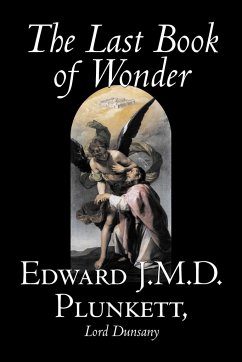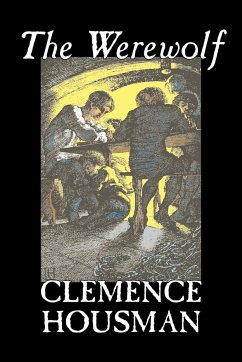
Prince Zaleski by M. P. Shiel, Fiction, Fantasy, Mystery & Detective, Fairy Tales, Folk Tales, Legends & Mythology
Versandkostenfrei!
Versandfertig in 1-2 Wochen
13,99 €
inkl. MwSt.

PAYBACK Punkte
7 °P sammeln!
Never without grief and pain could I remember the fate of Prince Zaleski -- victim of a too importunate, too unfortunate Love, which the fulgor of the throne itself could not abash; exile perforce from his native land, and voluntary exile from the rest of men! Having renounced the world, over which, lurid and inscrutable as a falling star, he had passed, the world quickly ceased to wonder at him; and even I, to whom, more than to another, the workings of that just and passionate mind had been revealed, half forgot him in the rush of things. But during the time that what was called the "Pharanx...
Never without grief and pain could I remember the fate of Prince Zaleski -- victim of a too importunate, too unfortunate Love, which the fulgor of the throne itself could not abash; exile perforce from his native land, and voluntary exile from the rest of men! Having renounced the world, over which, lurid and inscrutable as a falling star, he had passed, the world quickly ceased to wonder at him; and even I, to whom, more than to another, the workings of that just and passionate mind had been revealed, half forgot him in the rush of things. But during the time that what was called the "Pharanx labyrinth" was exercising many of the heaviest brains in the land, my thought turned repeatedly to him; and even when the affair had passed from the general attention, a bright day in Spring, combined perhaps with a latent mistrust of the denoument of that dark plot, drew me to his place of hermitage. I reached the gloomy abode of my friend as the sun set. . . .














